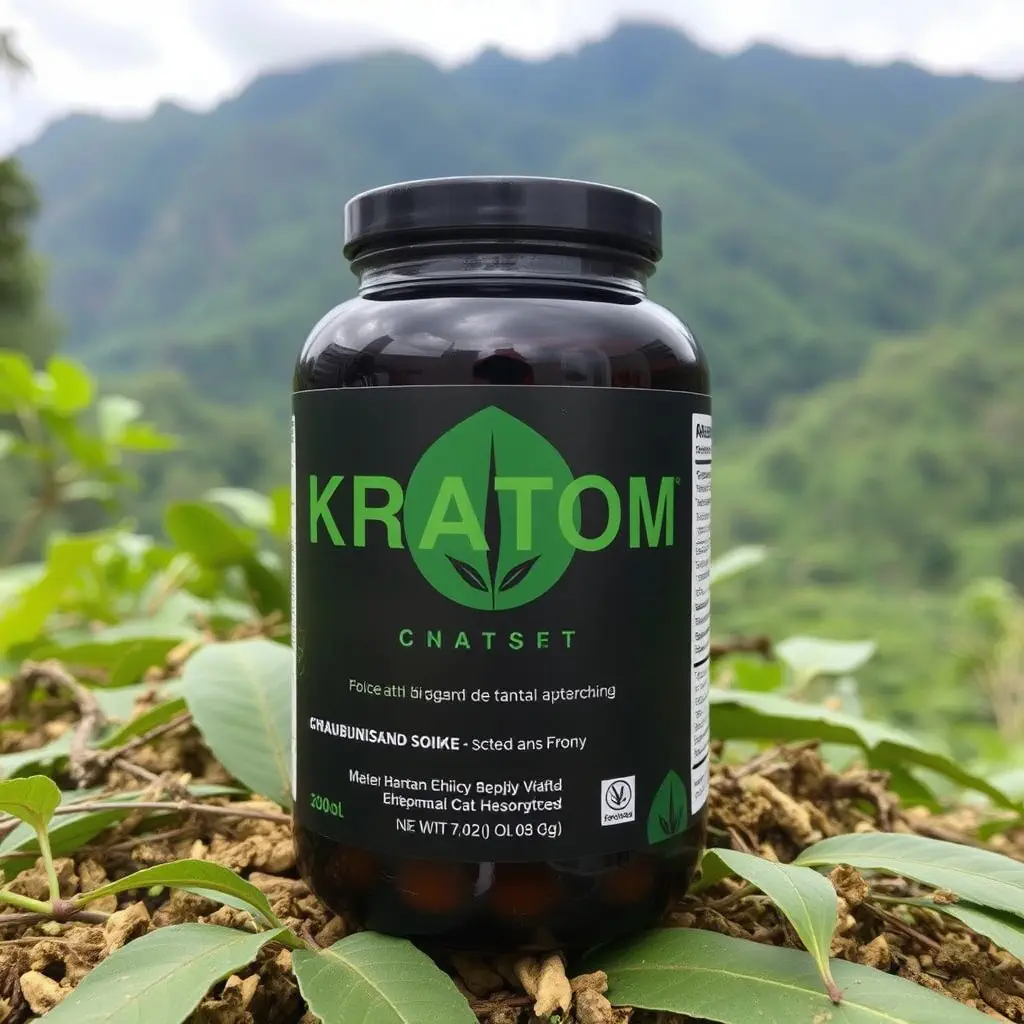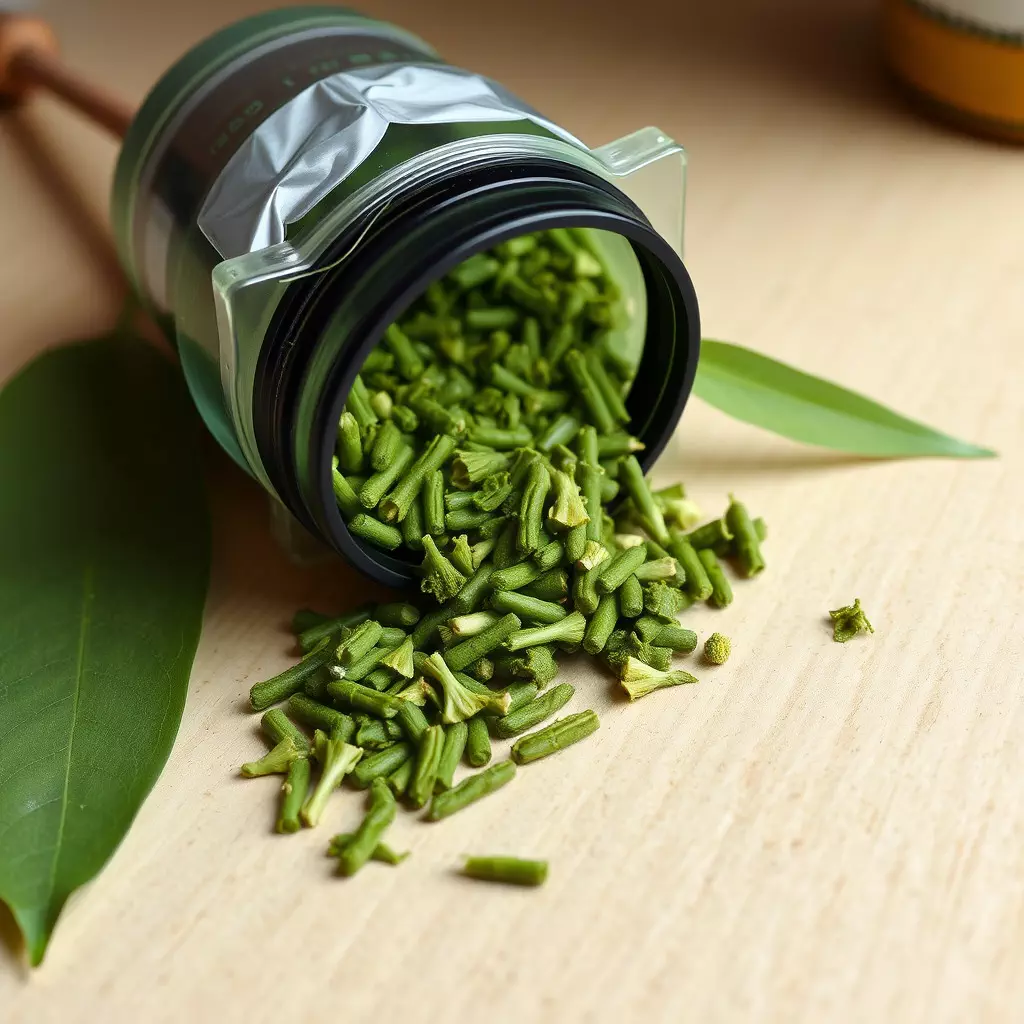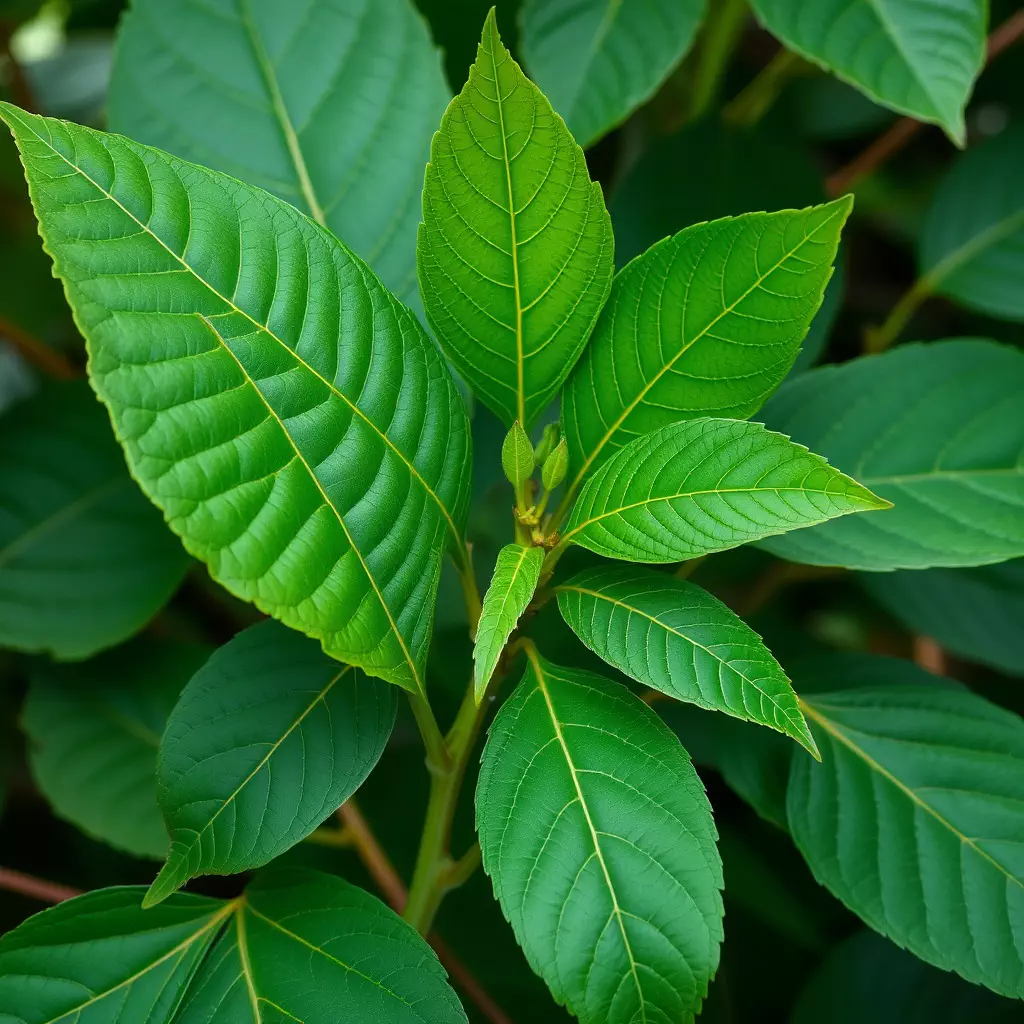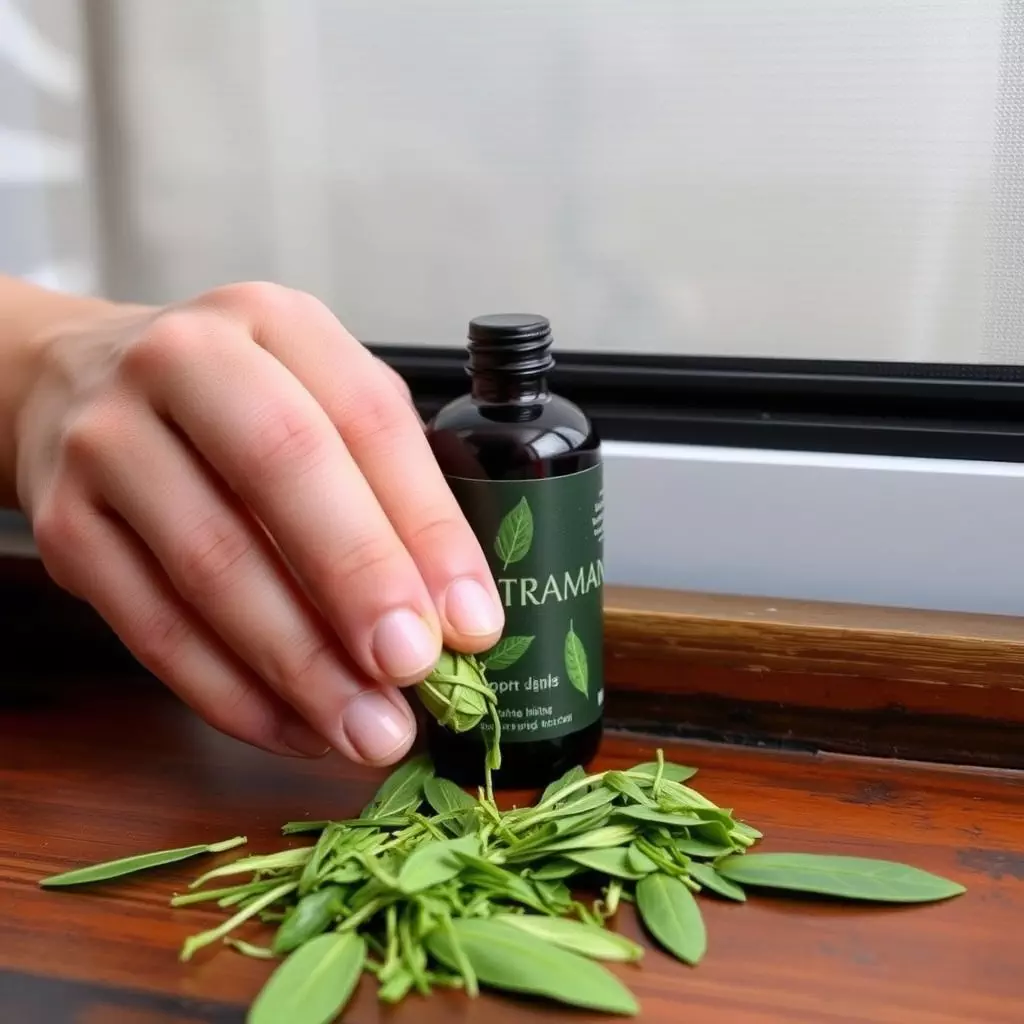Muscle soreness, or DOMS, can occur post-intense exercise and may impact daily activities. Kratom, a supplement containing the alkaloids mitragynine and 7-hydroxymitragynine, is being explored as an alternative to traditional pain relief for its potential analgesic effects. As of early 2023, kratom's legal status varies; while it is legal in New Jersey under dietary supplement guidelines, it is banned as a bulk herbal sample. The legal landscape for kratom is subject to change, so users must verify the current laws. In New Jersey specifically, kratom is legal but regulated, and users should be cautious with dosing, considering both its benefits for pain management and potential side effects or interactions with other substances. For safe and effective use, it is imperative to consult healthcare professionals, especially given the ongoing legislative debates surrounding kratom's long-term effects and abuse potential. Always stay informed about the evolving legal status of kratom in New Jersey before incorporating it into your health regimen.
Muscle soreness can be a persistent challenge for both athletes and casual exercisers alike, often necessitating effective relief strategies. Kratom, a supplement derived from the Mitragyna speciosa tree, has emerged as a potential solution for muscle pain relief. This article delves into the mechanisms behind muscle soreness and explores kratom’s therapeutic properties, particularly focusing on its legality and proper usage in New Jersey. We will also examine proven relief strategies that incorporate kratom supplements, offering insights into their efficacy and safety considerations for those seeking respite from exercise-induced discomfort. Understanding the intricacies of kratom’s legal status is crucial for anyone considering its use as part of a muscle soreness management plan.
- Understanding Muscle Soreness and Kratom's Role: A Comprehensive Overview
- Legal Status of Kratom in New Jersey: Navigating Regulations and Usage
- Effective Relief Strategies for Muscle Soreness with Kratom Supplements
Understanding Muscle Soreness and Kratom's Role: A Comprehensive Overview

Muscle soreness, a common phenomenon experienced by individuals after intense physical activity or exercise, can range from mild discomfort to severe pain, affecting one’s ability to perform daily tasks or engage in further workouts. This type of soreness, often referred to as delayed onset muscle soreness (DOMS), is believed to result from minor tears in the muscle fibers that occur during eccentric contractions, which are when muscles lengthen while contracting. Understanding the mechanisms behind muscle soreness is crucial for developing effective relief strategies.
Kratom, a botanical supplement derived from the leaves of Mitragyna speciosa, has garnered attention for its potential analgesic properties. The alkaloids present in kratom, such as mitragynine and 7-hydroxymitragynine, are thought to interact with the opioid receptors in the brain, providing pain relief. In this context, kratom may offer a natural approach to managing muscle soreness. The legality of kratom varies across jurisdictions within the United States. For instance, is kratom legal in New Jersey? As of my knowledge cutoff in early 2023, kratom is not legal in New Jersey, having been placed under a statewide ban. However, the regulatory status of kratom is subject to change, and interested individuals should consult the most current local laws or legal advisories. For those in regions where kratom is legally accessible, its use as a supplement for muscle soreness relief may be considered by individuals seeking alternative methods to traditional pain medication. It’s important to approach the use of kratom with caution, adhering to recommended dosages and considering potential side effects or interactions with other substances. As with any supplement, it is advisable to consult healthcare professionals before integrating kratom into a muscle soreness management regimen.
Legal Status of Kratom in New Jersey: Navigating Regulations and Usage

In New Jersey, the legal status of kratom has been a subject of debate and regulation. As of recent updates, kratom is classified as a Schedule I controlled substance under the state’s Drug Paraphernalia Act. This classification was enacted due to concerns over its potential for abuse and the lack of scientific research on its long-term effects. However, the situation is dynamic; legislation around kratom is subject to change as new evidence emerges and public opinion shifts. Users in New Jersey must navigate these regulations carefully, as possession and use of kratom can lead to legal consequences under current law. It’s crucial for individuals interested in using kratom for muscle soreness relief or any other purpose to stay informed about the latest legal developments at both the state and federal levels, as these can influence the availability and legality of the supplement.
For those considering kratom as a natural remedy for muscle soreness, it’s imperative to understand the complexities surrounding its legal status. In New Jersey, while kratom may offer potential relief from muscular discomfort, users must operate within the confines of the law. This means being aware of the specific municipal laws that could vary across different regions within the state. It’s also advisable to consult with a healthcare professional before incorporating kratom into any wellness regimen, given its regulatory landscape and the need for further scientific research to fully understand its effects on health and well-being.
Effective Relief Strategies for Muscle Soreness with Kratom Supplements

Muscle soreness, particularly after intense physical activity, can be a significant hindrance to one’s fitness regimen or daily comfort. Kratom supplements have gained attention as a potential natural remedy for alleviating muscle pain and promoting recovery. Kratom, derived from the leaves of the Mitragyna speciosa tree native to Southeast Asia, contains alkaloids that may interact with opioid receptors in the brain, offering analgesic effects. For individuals seeking relief without the side effects associated with prescription painkillers, kratom could be a viable option.
When considering kratom for muscle soreness relief, it’s important to note the legality of the supplement. As of my knowledge cutoff in 2023, kratom’s legal status varies across different states and countries. In New Jersey, the use and possession of kratom are legal, provided they are sold as dietary supplements and not labeled or marketed as bulk herbal samples. Users should always comply with local laws and regulations when using kratom. Effective relief strategies with kratom involve careful dosing; typically, lower doses are used for pain relief, while higher amounts may induce sedation. It’s advisable to start with a modest amount and monitor one’s response before engaging in activities that may cause muscle strain or injury. Additionally, combining kratom with proper rest, hydration, and nutrition can enhance its effects on muscle recovery and soreness relief. Always consult with a healthcare provider before integrating kratom into your wellness routine to ensure it aligns with your individual health needs and to avoid any adverse interactions with other medications you may be taking.
Muscle soreness can be a persistent challenge for individuals engaging in physical activities. The exploration of kratom as a potential relief strategy offers a promising avenue for those seeking natural alternatives to manage discomfort. As outlined in this article, understanding the interplay between muscle soreness and kratom’s pharmacological effects is crucial for safe and effective use. Moreover, it is essential for individuals residing in New Jersey to be aware of the current legal status of kratom to ensure compliance with local regulations when considering its use for pain relief. By integrating kratom supplements responsibly into a broader approach for muscle soreness management, individuals may find significant relief. It is always advisable to consult with healthcare professionals before adopting any new supplement regimen, especially given the evolving legal landscape of kratom in places like New Jersey, where its legality is subject to ongoing scrutiny and legislation.






